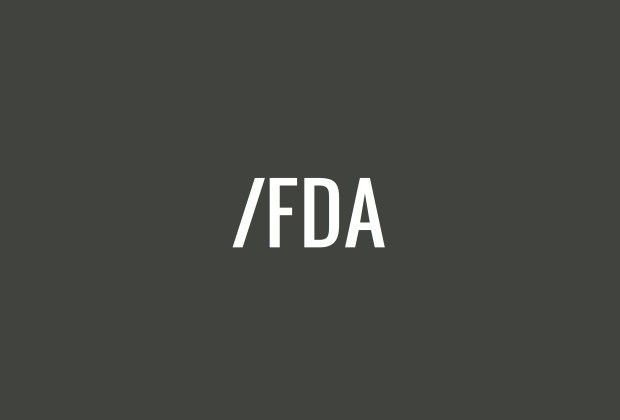It seems likely that cigar companies will have, at the very least, another year before the substantial equivalence process for “premium cigars” might resume according to an announcement from the U.S. Food & Drug Administration (FDA).
Today, the agency announced a variety of procedural changes regarding how it is evaluating whether to modify regulations for premium cigars. In that announcement, it said that a National Academies of Sciences, Engineering, and Medicine (NASEM) panel it contracted “is expected to conclude in spring 2022.”
This panel was convened after FDA proposed delaying the substantial equivalence process for premium cigars—a product approval requirement required for all tobacco products—until after the agency further studied whether it should regulate “premium cigars” differently. This proposal was brought on as part of a federal lawsuit brought by three cigar trade groups against FDA.
While FDA is not required by the court to wait until after the NASEM panel reaches a decision, it would seem odd if the agency were to circumvent the panel it commissioned, particularly given the final line of today’s announcement, “We (FDA) expect to update the public following completion of the NASEM review.”
The main purpose of today’s announcement is that FDA is withdrawing its formal request to reevaluate how it should regulate premium cigars. This doesn’t mean that the agency is no longer considering whether it should modify its approach to premium cigar regulation, rather, FDA has concluded that the pathways for studying these issues exist in other areas.
Specifically, FDA has withdrawn its advance notice of proposed rulemaking (ANPRM) and a request for information (RFI) from its Spring 2021 Unified Agenda. The ANRPM was issued in 2018 when the agency began a formal process of whether it should reevaluate how it regulates premium cigars.
Last year, the agency said that the comments it received—both in favor and against different regulations for premium cigars—did not provide sufficient new data regarding whether premium cigars are consumed in different use patterns than other tobacco products.
That lack of new data combined with FDA’s decision to have the NASEM panel study the issue seems to lead the agency to believe that keeping open the ANRPM and RFI is somewhat moot.
“FDA expects that the results of the ongoing NASEM review and assessment will further inform the agency’s regulatory policy,” said FDA in its announcements. “At this time however, based on current information and policy considerations, we do not intend to take further action pursuant to the ANPRM and no longer intend to request information about conducting additional possible studies before reviewing the results of the ongoing NASEM review, as such additional studies may be unnecessary.”
As part of its announcement, FDA also seemed to reiterate its position that it believes smoking premium cigars still carry risks:
Even if there is significant occasional use of premium cigars, some premium cigar smokers have frequent use with significant exposure to harmful constituents that are known to increase the risk of oral, esophageal, laryngeal, and lung cancer (among other negative health consequences) in cigar smokers compared to non-tobacco users. Dual use of premium cigars with other tobacco products is also a significant concern. Premium cigars are combusted tobacco products containing nicotine, an addictive substance.


